Description
It has long been known that people with learning disabilities have poorer health than the general population, but the extent of these differences becomes striking when considering the evidence of reduced life expectancy. In 2013 the Confidential Inquiry into the Premature Deaths of People with Learning Disabilities reported that men typically die 13 years younger and women 20 years younger than the general population. In 42% of cases, the death was considered premature.
The reasons for this lower life expectancy are varied but what we do know is this group are two and a half times more likely to have multiple health needs than other people, and often have difficulties accessing health services or receiving appropriate treatment from clinicians.
As well as looking at the challenges of accessing healthcare and navigating care pathways, this handbook presents a practical guide to the most common conditions and health needs, with chapters written by experts in those conditions and their relationship to learning disabilities. A range of issues are covered, including mental health, cancer, epilepsy, respiratory and swallowing problems, and poor sight and hearing.
The book aims to increase awareness and knowledge of how these conditions and issues present themselves, as well as how they can be prevented in the first place, and best practice in assessment and treatment. It will therefore be a valuable resource for families, support workers and health professionals.
Details
ISBN: 9781912755837
Publication: June 2020
Content:
A mental health guide for those supporting people with intellectual disabilities
Introduction
Section 1 – What is mental health?
• What Is Mental Health and identifying changes?
• Common myths
• Mental health problems are the persons own fault
• Mental health problems are for life
• I don’t need any help with my mental health
• Physcal problems all ill health are nothing to do with mental health
• Can having intellectual disabilities affect a person’s mental health
• It is also the case that an individual’s expressive and receptive communication can be affected by their experiences including their mental health
• Challenging Behaviour
• Case study
Section 2 – What is mental illness?
• Mood Disorders
• Depression
• Symptoms
• Case Study – depression
• Psychotic Disorders
• Case study Schizophrenia
• Peronality Disorders
• Personality disorder
• Antisocial personality disorder (ASPD)
• Borderline personality disorder (BPD)
• Case study personality disorder
• Dementia
• Case study – Dementia
Section 3- Mental health assessment and interventions
• Mental health assessment for people with learning disabilities
• Multi-Professional care
• Ways to support someone accessing care and treatment
• Common treatment approaches
• Assessment
• Medication
• Electro Convulsive Therapy
• Psychological interventions / Talking therapies
• Positive Behaviour Support
• Cognitive Behavioural Therapy
• Mindfulness
• Guided Self Help
Section 4 – Mental health promotion and the views of people with learning disabilities
• Building Resilience: A mental health promotion group for people with learning disabilities
• Introduction
• Mental health promotion
• Development of the group
• What people with intellectual disabilities Say
• Having a social life
• Having relationships
• Having a job
• Looking after yourself
• Speaking up for yourself
• Keep on learning
• Feeling safe
• Final thoughts
• What’s the best way for me to treat someone else with mental health problems
• How can people help me
• Seeing health professionals
Useful web links
Other useful links
Authors
Ruwani Ampegama qualified as a learning disability nurse in 1993 and joined the Estia Centre in May 2017 as the senior training officer.
Karina Marshall-Tate was until recently Head of Education and Training at the Estia Centre.
Dr Eddie Chaplin is Professor of Mental Health in Neurodevelopmental Disorders at London South Bank University. He has extensive clinical experience managing and working in a range of local and national mental health services for people with learning disabilities and autism. Eddie is Editor for the Advances in Autism and Secretary of the European Association of Mental Health in Intellectual Disability.
Steve Hardy held a training post at the Estia Centre for many years and is now Practice Development Nurse for the Adult Learning Disability Service at Oxleas NHS Foundation Trust.

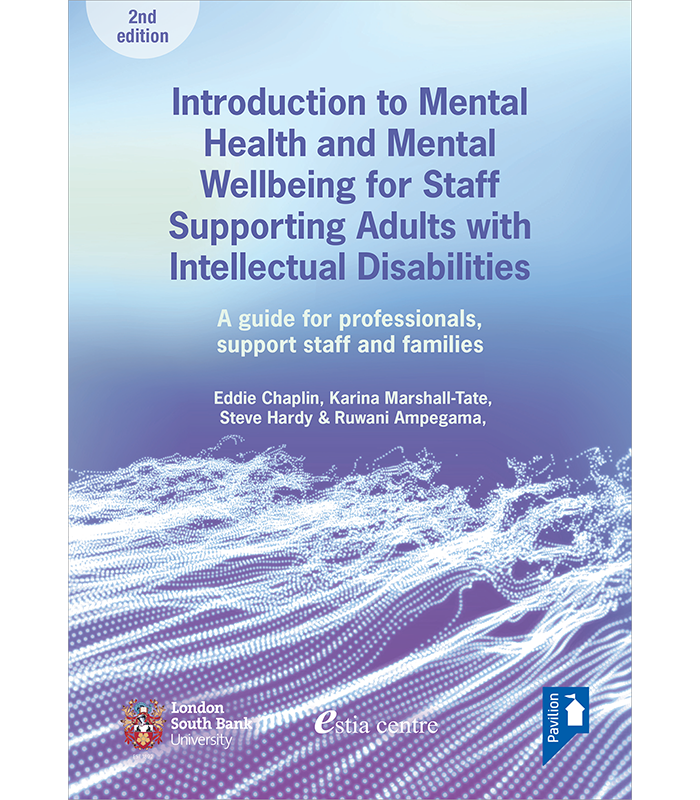
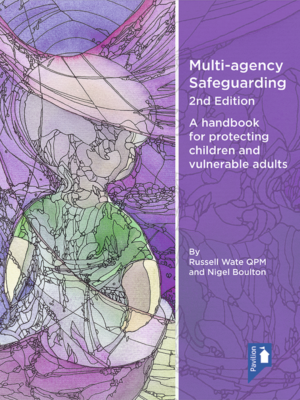
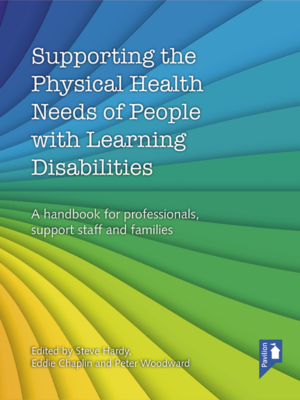
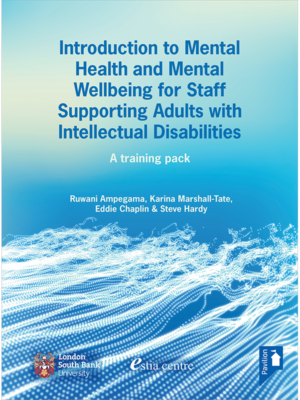
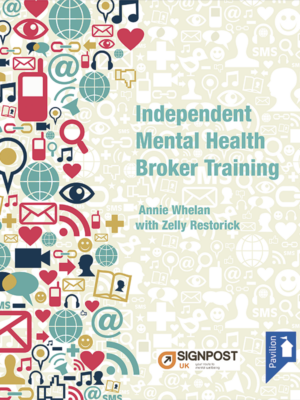
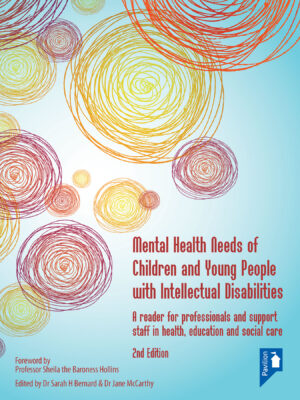
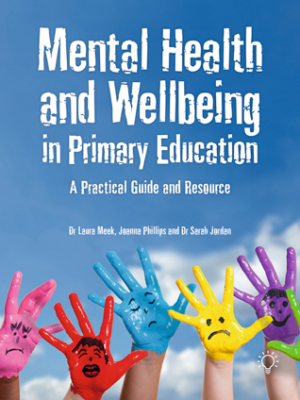
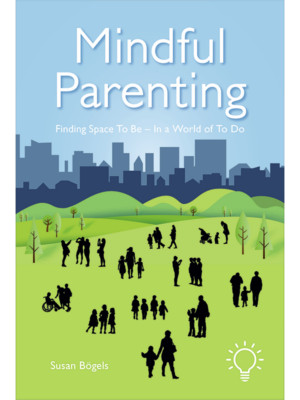
Fiona Rich, Senior Lecturer & Tutor for Learning Disability Nursing at Birmingham City University –
I think this is a really useful introduction to a number of topic areas for students. There are many complex needs of people with learning disabilities that nursing students will need to consider during their course and this text makes a good starting point in terms of how to support these needs. It is a practical and engaging text interspersed with case studies, allowing the reader to consider how interventions can be applied in practice. There is a good range of topic areas including supporting individuals in hospitals with a ’Good Practice Checklist’ for Acute Care Admission. This text will be beneficial for all fields of nursing, not just the Learning Disability field. It is also commendable to see included perspectives from service users and carers.